Lets say you work in the C-Suite of a hospital and a relative says to you, "A couple of weeks ago I was in an accident and spent two nights at one of your competitor hospitals. Would you like to hear about it?" Without hesitation you say of course you would! You would listen carefully to your relative’s story and undoubtedly compare this experience to what you know about your own organization.
I’m assuming you would then ask a series of questions related to your own responsibilities, for instance, what was the relative’s perception of the quality of care or perhaps how the competition performed specific processes related to safety and noise.
Then the value of this opportunity sinks in and you dig a little deeper and ask her how she felt she was treated. How did they communicate with her? How did they seem to treat each other? Was their obvious teamwork? Did they seem distracted and unhappy, or were they cheerful and knowledgeable.
And perhaps most important, were they consistent in what they did or were they different from department to department, or nurse to nurse? In short, you?re wondering if they have managed to hard wire their patient engagement culture.
You’re thinking to yourself, wouldn’t it be great if we could get this kind of information on a regular basis? Well the answer is you can and we call it competitive mystery shopping.
Let me share a case study. For over ten years we conducted an intensive study with a large, metropolitan physician referral service that always included calling their top three competitors. We could always tell when the competition had a shake up in management or when a new initiative was underway because their scores would fluctuate widely, while our client used their mystery shopping scores to support an objective performance evaluation and remain constant and on top.
This information allowed our client to do three additional things: First, it reaffirmed that they were the best and it allowed them to use this information to motivate staff and support ongoing organizational marketing efforts.
Second, they used mystery shopping to keep abreast of whatever strategic changes competitors were making in real time.
And lastly, mystery shopping proved that the program delivered a competitive advantage, which was in turn used to support continued investments in the program.
If you’re still wondering why you would want to check out the competition, consider this, there is no better way to understand where your patient experience is weak compared to competitors, and there is no better way to share with staff where you are clearly better.
It also appeals to an employee’s competitive spirit when they realize how they stack up. You want to arm them with the incentive to say, “We are every bit as good as they are. We can do that. With a little tweak, we can be even better."
And the incredible thing about this type of competitive intelligence is that you can decide ahead of time what you specifically want to know and then measure it?
This information will lead to a better understanding of what patients are responding favorably to, and the things that are contributing to a culture of excellence and increased market share.
